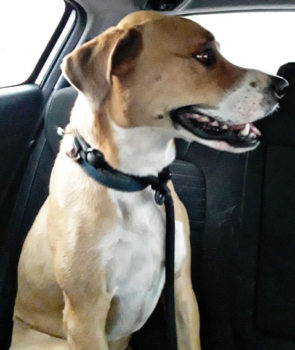 Carole Rossof
Carole Rossof
Microchips embedded into pets greatly increase the chances that they will be reunited with their families if they become lost, but a microchip only works if its registration information is accurate. For example, Tucson had its first monsoon storm of the season on July 13. I was driving down Edwin Road when I noticed a lost, scared dog running in the middle of the street. I happened to catch her with the help of a SaddleBrooke resident and an employee on her way to work at SaddleBrooke TWO. Once we had her in my car and called another Pet Rescue board member, we were able to check for a chip. While she was chipped, this information was not current and listed the original, not the current owner. Luckily, the original owner was able to reach the current owner, but if the information was up to date, Zoey would have been back home much sooner with her family.
Once you have adopted your pet and had the animal has been chipped, it’s important to update your information with any changes immediately. Shelters and rescue centers will provide you with the paperwork upon adoption, but this will only show that the dog or cat was adopted from their establishment, the manufacturer and the chip number. It’s up to you to make the changes with your name, address, phone number, pet’s name, breed and emergency contact. You can register your pet at the free, universal database, www.foundanimals.org. Also, even if your pet is microchipped, make sure it is also wearing a collar with an identification tag.
Helpful reminders:
1) If your pet is not yet microchipped, make an appointment with your veterinarian and then register your pet at www.foundanimals.org.
2) Check that your already-microchipped pet’s registration information is correct on the website.
